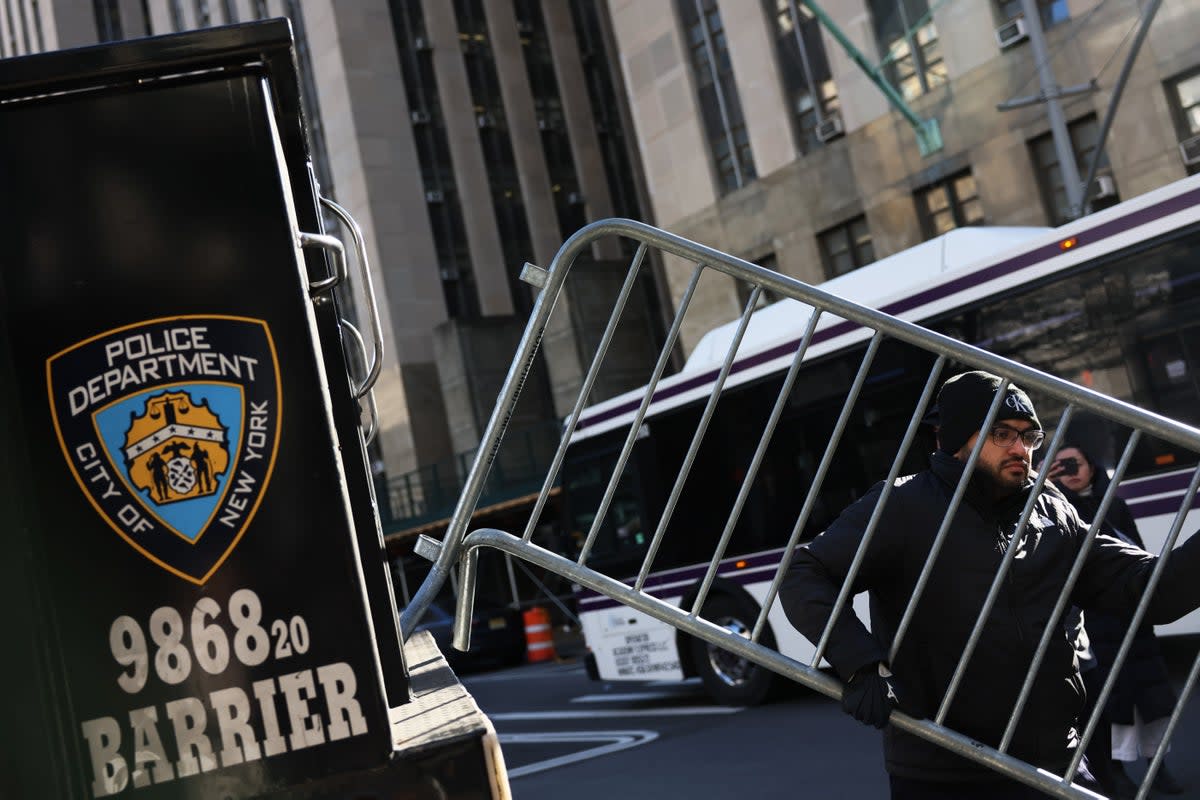Voices: The hush money case against Donald Trump could backfire. Here’s why

Manhattan District Attorney Alvin Bragg’s pending case against Donald Trump over hush money payments sure doesn’t look like a slam dunk. That’s important for the charges he’ll be making. Yet for Democrats, the biggest risk isn’t just an acquittal.
Trump’s familiar refrain in response to allegations of wrongdoing is that he’s consistently been the victim of “witch hunts.” If he can show that’s true in the Stormy Daniels case, it gives fuel to his claim that it’s true in other cases, as well.
More and more, that threat looks likely.
Conservative legal scholar Jonathan Turley has argued that the Trump hush money case is “long on politics, but short on the law.” It’s not just Republicans who feel that way.
Centrist political commentator Michael Smerconish, for example, has derided Bragg’s case against Trump as “weak.” CNN legal analyst and frequent Trump critic Van Jones has called on Bragg to call off the dogs in the current probe.
Time Magazine recently ran the headline, “Why Even Some of Trump’s Critics Think the Stormy Daniels Case Is Weak.”
There’s hardly bipartisan consensus that the present case lacks merit. Yet there’s been much more waffling from both the centre and centre-left than in prior instances where Trump has faced accusations of law-breaking.
That should mean something to the district attorney.
So far, Trump’s witch-hunt claims have played better with his dyed-in-the-wool base. But if Trump can persuade even some voters that the current charges are either a hit job or overzealous prosecution, many might reconsider whether that applies to his other legal troubles, too.
Heading into 2024, that’s important not only in light of past cases where Trump has cried “witch hunt,” including Russia-gate, Impeachment 1.0 over Ukraine, and Impeachment 2.0 over January 6th.
It’s also true now, as Trump faces a blizzard of more weighty charges, including in a Georgia election-rigging probe, a Justice Department investigation into the “Stop the Steal” movement, a special counsel inquiry into the mishandling of classified documents, and various allegations of financial violations.
For Trump, everything is a politically-motivated vendetta. The “deep state,” the “mainstream media,” George Soros, the progressive establishment hellbent on resisting his reelection — the apparent culprits for his legal woes comprise a familiar bunch.
The more that Trump can show there’s even a chance he wouldn’t be prosecuted for paying hush money if the defendant were named John Smith, the more he can makes inroads with on-the-fence voters.
Alvin Bragg ran his 2020 election for Manhattan district attorney partly on the platform of having a “charge ready” case against Trump. Yet there’s a reason why the Justice Department has long declined to bring charges against Trump in precisely this case.
By throwing out caution, Bragg risks not only his own credibility, and the credibility of his indictment against Trump. He risks that of numerous other prosecutions — legitimate ones — bearing on conduct where Trump has almost certainly acted illegally.
Thomas Gift is Associate Professor of Political Science at UCL, where he is director of the Centre on US Politics (CUSP). He is currently a Visiting Fellow at Yale’s Center for the Study of American Politics.

 Yahoo News
Yahoo News 
